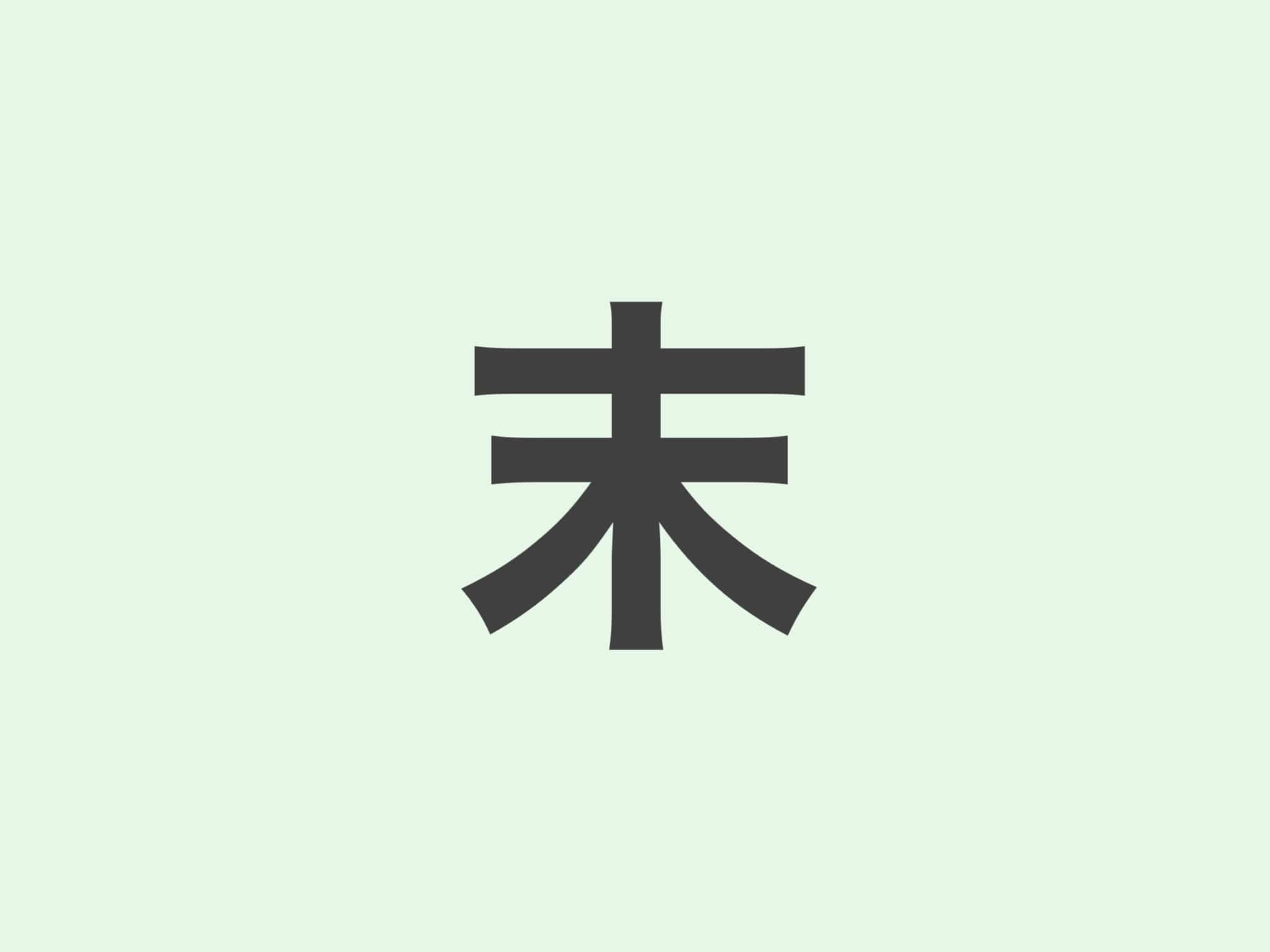説明 (Explanation)
文法(Grammar):た形・名詞の+末・末に
意味 (Meaning):長く考えたり話し合ったりした結果、最終的に〜。「あげく」と似ている意味ですが、あげくは悪い結果だけに使いますが、「末」はいいことにも、悪いことにも使えます。
英語(English):It means that after thinking or discussing for a long time, something happens in the end. It is similar to “あげく,” but while “あげく” is used only for negative outcomes, “末” can be used for both good and bad results.
JLPT Textbook Recommendations
例文 (Examples)
- 悩んだ末、会社を辞めることにした。
- 話し合った末、離婚することに決めた。
- 何度も話し合った末、チームの方針が決まった。
- 努力の末、資格試験に合格した。
- 試行錯誤の末、理想のレシピが完成した。
ひらなが (Hiragana)
- なやんだすえ、かいしゃをやめることにした。
- はなしたあったすえ、りこんすることにきめた。
- なんどもはなしたあったすえ、チームのほうしんがきまった。
- どりょくのすえ、しかくしけんにごうかくした。
- しこうさくごのすえ、りそうのレシピがかんせいした。
英語翻訳 (English Translation)
- After much deliberation, I decided to quit my job.
- After discussing, we decided to get a divorce.
- After many discussions, the team’s policy was finalized.
- After a lot of effort, I passed the certification exam.
- After trial and error, the ideal recipe was completed.





コメント